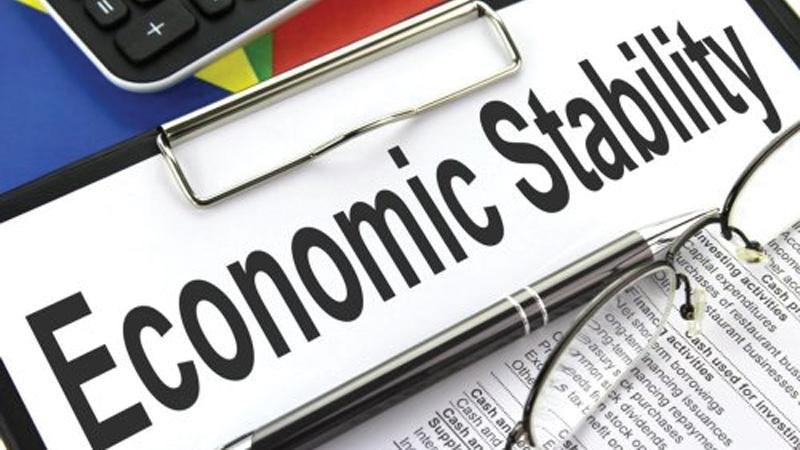
The Advisory Committee set up to advise the National Economic Council (NEC) will focus on an immediate term (30-day) plan as an initial step and would submit proposals to the Council under the themes stabilisation of the rupee, monetary policy directions, fiscal measures and directions, bridging external sector gap, multi and bilateral engagement, debt restructuring priorities, unlock export inhibitors, food and essentials supply chain and social stability and cost of living relief, said Advisory Committee member and Senior Partner and Head of Tax Ernst & Young, Duminda Hulangamuwa.
The Advisory Committee presented a five-point immediate action plan to President Gotabaya Rajapaksa to be pursued by the government which entails the appointment of a technical team comprising officials of the Central Bank and the Treasury to formulate the program with the International Monetary Fund (IMF), the appointment of a financial and a legal advisor on debt restructuring, the technical team to immediately commence work on a reform program to be presented to the IMF and it to be discussed with the Committee before the departure of the Finance Minister to Washington to enable him to finalise the program during his meeting with the IMF officials, identify experts with prior experience in program formulation and engagement with the IMF to lead the negotiations and support the Finance Minister and focus on confidence-building measures through solving the supply bottlenecks. The Committee also recognised the immediate and long term action needed to stabilise, course correct, refinance and reinvigorate the economy which require collective accountability and contribution.
A non-partisan apex decision making body via broadening the NEC has been recommended as an immediate step in the path to stabilise the economy, Hulangamuwa said.
The Committee proposed the immediate need to identify fiscal reforms for implementation.
The country faces its worst-ever economic crisis with a severe shortage of forex to import fuel, food and medicines forcing masses to be in the dark and in queues to purchase gas and fuel.
The crisis deepens as the country is snowed under its crushing foreign debt amounting to around US$ 7 billion due this year with foreign reserves having dropped to around US$ 2.3 billion early this year.
India extended a US$1 billion line of credit to enable Sri Lanka to import food and other essential commodities such as medicines from India.
With it the neighbour has extended a total of US$ 2.4 billion to Sri Lanka as financial assistance since January this year which economists say will only partially help overcome the economic meltdown. Meanwhile Sri Lanka also has turned to China on a fresh request for a US$ 1 billion loan and a US$ 1.5 billion line of credit to tide over the economic woes.
